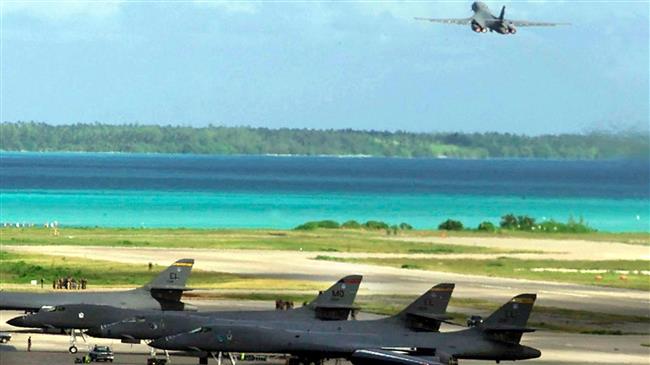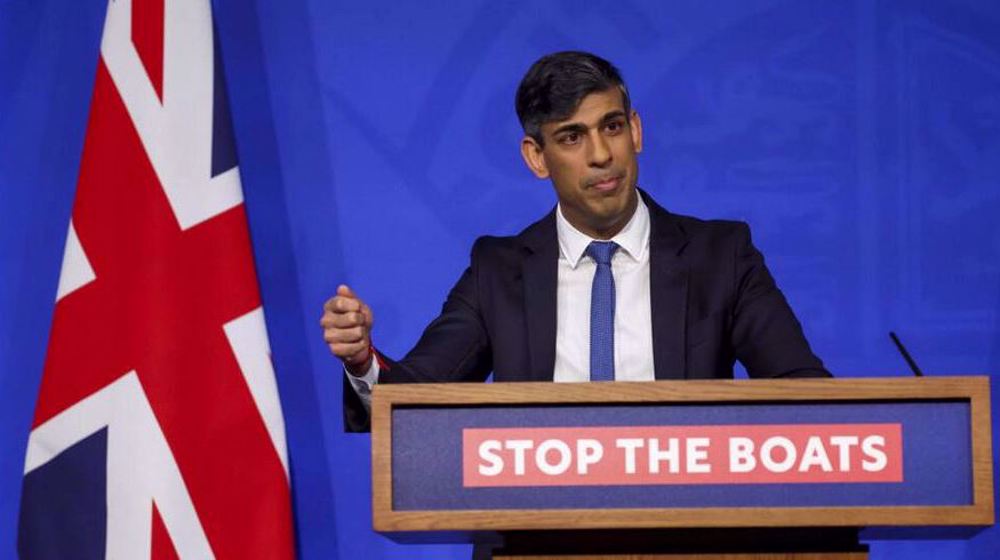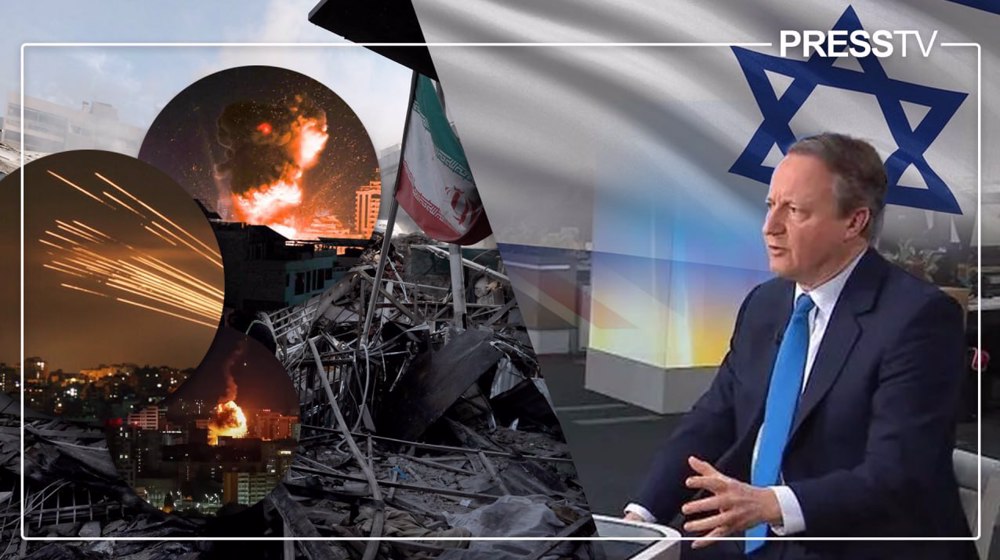UN court hears case on UK illegal sovereignty on Chagos islands
The International Court of Justice (ICJ) has launched a hearing on Mauritius's challenge to the United Kingdom’s sovereignty on Chagos islands, a remote archipelago in the Indian Ocean that includes the strategic US airbase of Diego Garcia.
The hearing began Monday with representatives from 22 countries arguing over colonial history of the Chagos islands and the rights of exiled islanders to return to the archipelago.
During four days of hearing, judges will consider Mauritius’s claims that its decolonization was not completed when it was granted independence in 1968 following its separation from the Chagos islands.
Britain separated the Chagos Islands from the rest of its Indian Ocean colony three years before Mauritius was granted independence. The government of Mauritius claims the move violated UN Resolution 1514, passed in 1960, which prevented colonizers from splitting up the colonies before giving them independence.
The ICJ should also decide on Mauritius's concerns about its ability to resettle its nationals back on the islands years after they were deported.
The British government deported most of the 1,500 islanders from Chagos before it leased the largest island of the archipelago, Diego Garcia, to the United States for a strategic airbase.
The start of the ICJ hearing is a major blow to Britain’s assertion that it has sovereignty over what it calls British Indian Ocean Territory, or BIOT. The UK has repeatedly indicated that it could return the Chagos Islands to Mauritius when they are no longer needed for defense purposes. However, it has refused to give a date on a potential handover.
Despite extensive diplomatic efforts, the UK government failed to prevent Mauritius’s claim to the Chagos Islands reaching the court in The Hague whose judgment will be advisory, rather than legally binding. Some 94 countries supported a Mauritian-backed resolution in the UN General Assembly last year to seek an opinion from the ICJ on the legal status of the archipelago.

British authorities expressed their disappointment at the start of the ICJ hearing, saying Britain would not recognize Mauritius’s claim to sovereignty of the archipelago.
“We are disappointed that Mauritius have taken this bilateral dispute to the international court of justice … This is an inappropriate use of the ICJ advisory opinion mechanism and sets a dangerous precedent for other bilateral disputes. We will robustly defend our position,” said a Foreign Office spokeswoman on Monday.
Gaza faces imminent famine as people starving to death: UN warns
North Korea to stand up to sanctions, bolster military power: Official
Hezbollah says 2,000 Israeli forces killed, injured in operations since Gaza war began
War of wills: Iran army chief vows crushing response to any aggression
April 24: ‘Axis of Resistance’ operations against Israeli occupation
Tabas sand defeats US military
'US secretly sent long-range ATACMS missiles to Ukraine in recent weeks'
Iran: Awakened world public opinion determined to stop Israel war crimes










 This makes it easy to access the Press TV website
This makes it easy to access the Press TV website